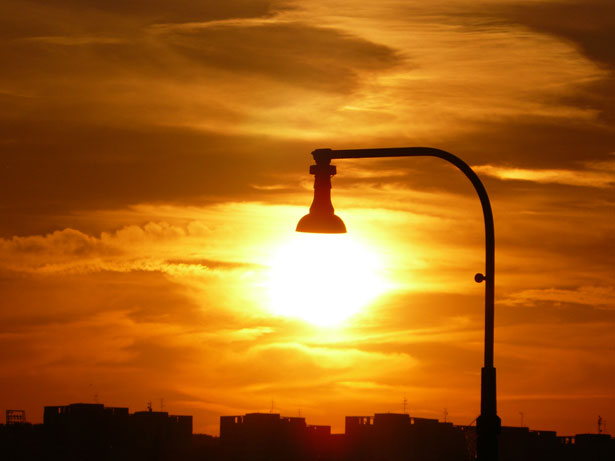What Is Sundowning?
Sundowning, also known as sundown syndrome, manifests as a group of symptoms that emerge during the late afternoon and early evening, presenting unique difficulties for both patients and their loved ones. This blog post explores the intricacies of sundowning, sheds light on its causes, and offers practical tips to manage these challenging behaviors.
In the serene and supportive environment of Parc Provence, a leading memory care community, caregivers and family members often encounter the challenge of sundowning in individuals with Alzheimer’s and other forms of dementia.
Sundown Syndrome Behaviors:
Prevalent in mid- to late-stage Alzheimer’s patients, signs of sundowning often occur during the evening hours, such as:
- Disorientation
- Mood swings
- Restlessness
- Sleep problems
This phenomenon is not exclusive to Alzheimer’s but can be observed in individuals with various other dementias. As the disease progresses, changes in the brain contribute to disruptions in sleep-wake cycles and the circadian rhythm, leading to the manifestation of sundowning behaviors.
Sleep disturbances are a common side effect of sundowning, with as many as twenty percent of dementia patients experiencing confusion, irritability, or restlessness during this time. Recognizing the interplay between daytime naps, circadian rhythms, and nighttime restlessness is crucial for effective management. Regulating sleep by limiting daytime naps to twenty minutes or less helps maintain a more stable body clock, thereby mitigating symptoms of sundowning.
Risk Factors
Various risk factors, including unmet healthcare needs, family caregiver stress, and overstimulation, can exacerbate sundowning symptoms. The exact cause remains elusive, but it is often triggered by the progression of Alzheimer’s disease. The time of day sundowning tends to occur is during the late afternoon and early evening, making these hours particularly challenging for both patients and caregivers.
Tips for Managing Sundowning:
Parc Provence adopts a holistic approach to managing sundowning behaviors, focusing on the physical and mental well-being of residents. Engaging individuals in stimulating activities throughout the day, such as physical activity and cognitive tasks, helps maintain an active and engaged brain. Establishing a predictable daily routine and avoiding overcommitting to activities during the late afternoon and early evening prevents exhaustion, a key contributor to sundowning.
- The Role of Lighting and Light Therapy: Low lighting and confusing shadows can be distressing for individuals experiencing sundowning. Parc Provence emphasizes the use of well-lit rooms and exposure to natural light during the day. At the end of the day, maintaining a well-lit environment until bedtime helps minimize disorientation. Light therapy, incorporating bright light exposure, is also considered, as it has been shown to positively impact mood.
- Healthcare Interventions and Treatment Options: Collaborating with healthcare professionals is essential for effective sundowning management. Communicating with a loved one‘s doctor about observed symptoms opens the door to potential treatment options. From aromatherapies to antidepressants and antipsychotic medications, healthcare interventions can address sundowning behaviors and improve the overall quality of life for dementia patients.
At Parc Provence, the journey of caring for individuals with Alzheimer’s and dementia encompasses a comprehensive understanding of sundowning and a commitment to providing compassionate and effective care. By acknowledging the various factors contributing to sundowning, adopting practical strategies, and seeking professional support when needed, the Parc Provence community strives to create an environment where residents can thrive despite the challenges posed by sundowning. For more information on sundowning and dementia care, explore resources from reputable organizations such as the Alzheimer’s Association and the National Institute on Aging. Together, let us continue to enhance the lives of those navigating the complexities of memory loss.






